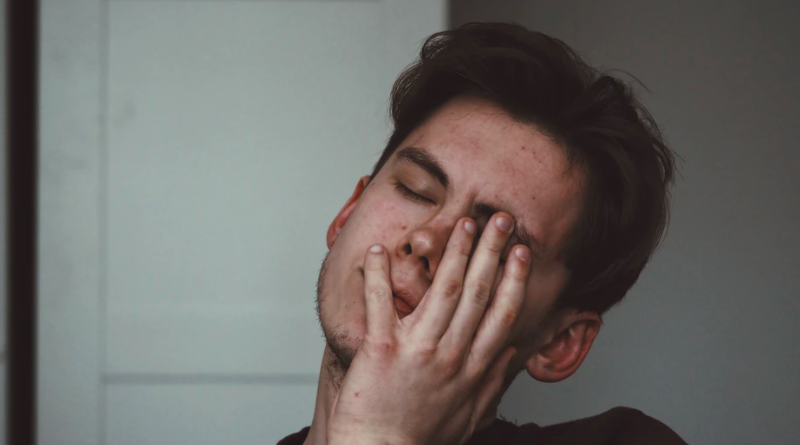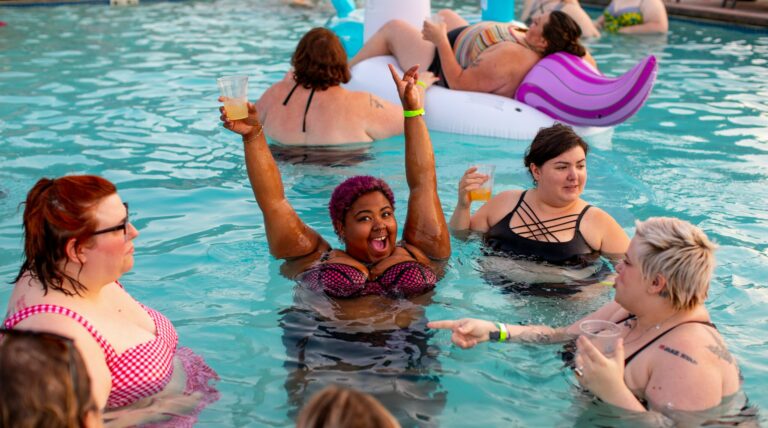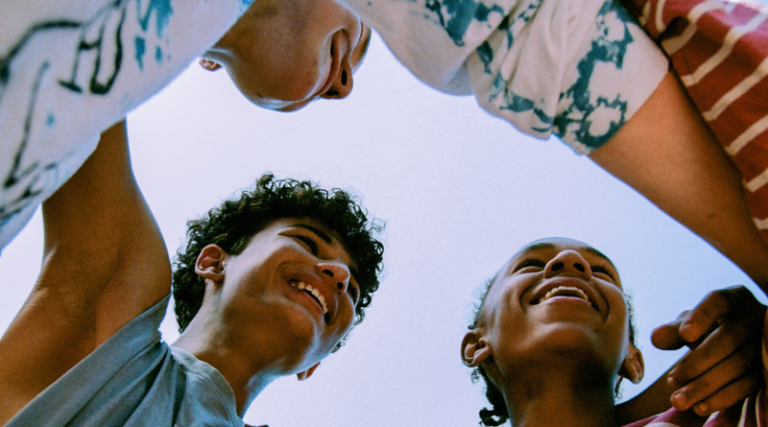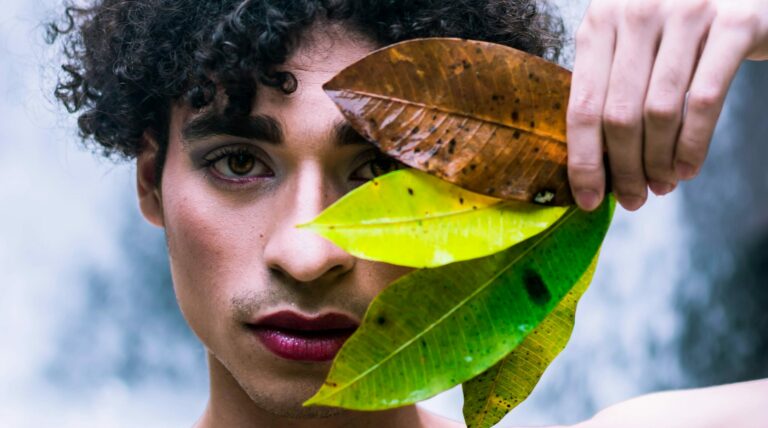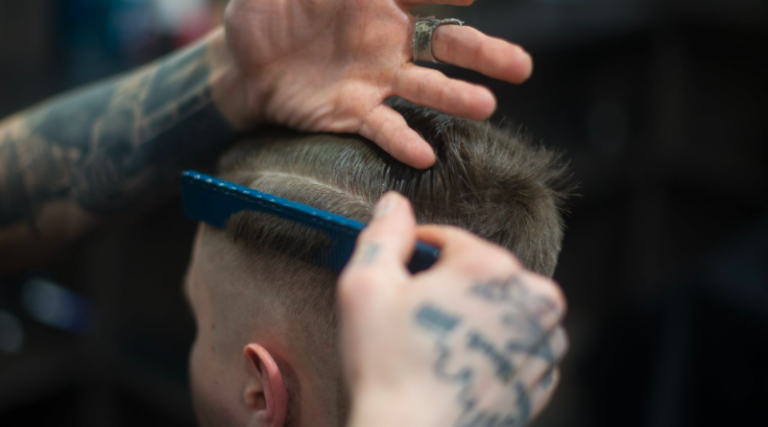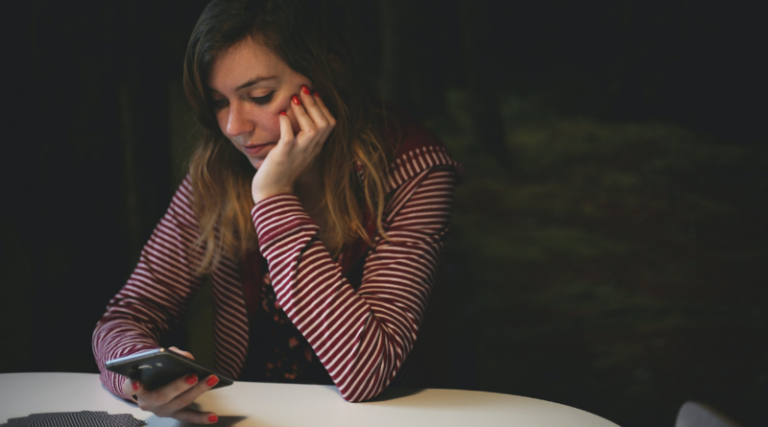Blog: How the pandemic has affected my self-esteem
It can feel impossible to balance being careful around Covid-19 with wanting to still be included
This content was originally part of our Pandemic support series: to address the chaos and uncertainty of the COVID-19 pandemic, and to support young people with navigating this difficult time.
Although many of us may feel we’re now in a post-pandemic era, this content will still be relevant to lots of people. There are still many people who rely on communicating, building relationships and accessing support online, whether they continue to shield from COVID-19, have long Covid, or have any other chronic illness that means they have to limit in-person social contact. There are still lots of reasons why we may need some extra support right now, and no one should feel excluded from society or unable to access the support they need.
Staying in because of the pandemic has, in some ways, boosted my self-esteem. After all, if no one’s going to see me apart from my parents, it doesn’t matter if my skin is perfect or my clothes look on point. But, although I’ve been rocking joggers and a greasy bun without my usual freak-out in front of the mirror, the pandemic has knocked my self-esteem in other ways.
Watching people’s filtered lives through social media, it’s hard not to feel like everyone is excelling apart from you – like you’re the only one who hasn’t run a marathon, become a baking pro or redecorated their whole house. Influencers tell us this is the time to ‘carpe diem’ and become millionaire entrepreneurs. We’re meant to be motivated by the reminder that Shakespeare wrote King Lear during the plague. I’ve felt like a failure because I wasn’t taking full advantage of this new free time to ‘graft’. Instead, I was mostly flitting between Netflix series and having lie-ins.
The end of lockdowns has proved a particularly tricky time. When the first lockdown started to ease over summer, I had out-of-control levels of FOMO. Tapping through a stream of Instagram stories, I’d see friends and celebs cheers-ing at bars and restaurants or posing in each others’ gardens.
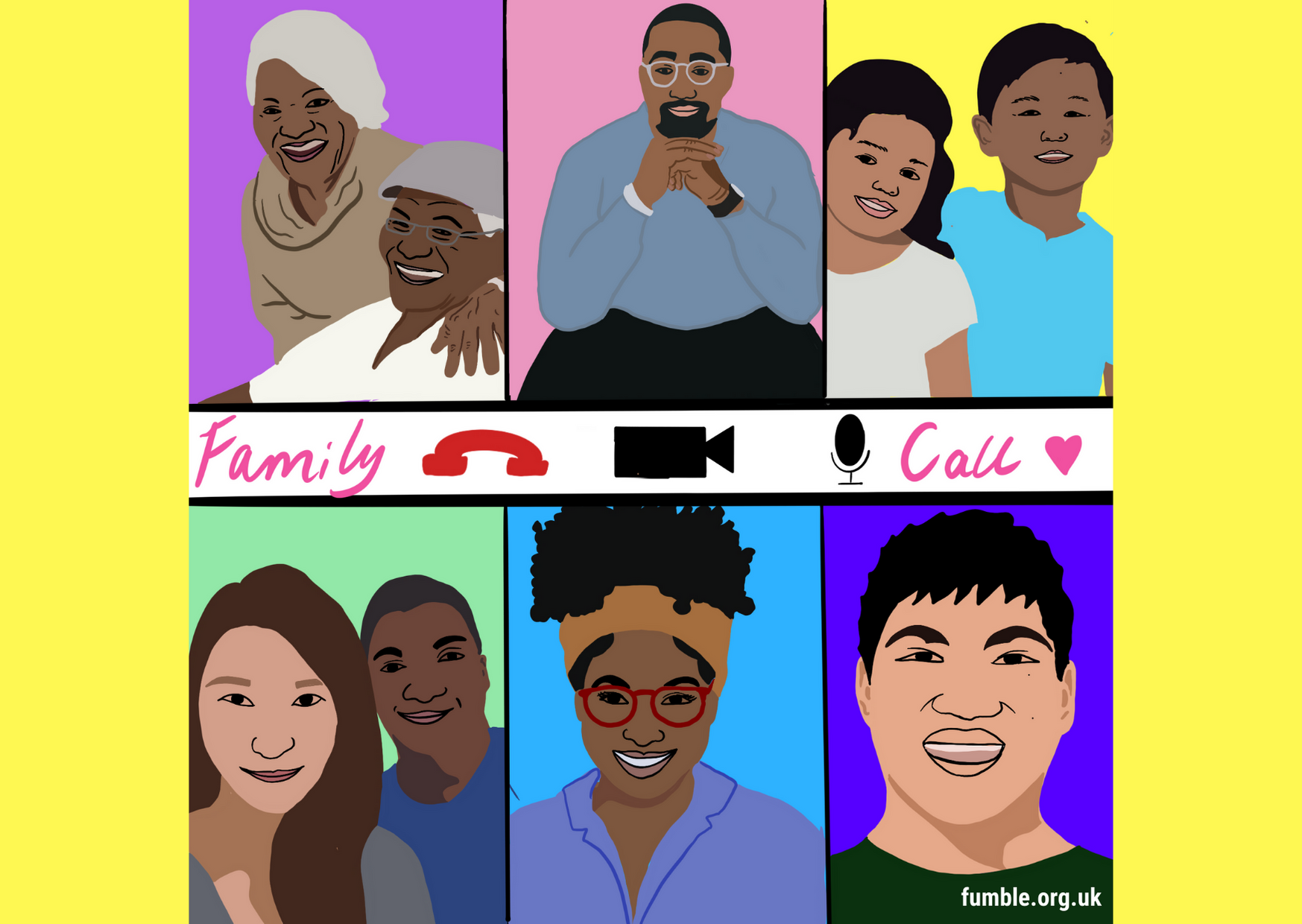
My brain was locked in battle
On the one hand, I was happy to stick rigidly to the rules. Even before the March lockdown, my family were drowning in sanitiser and ordering groceries online, worried about my 74-year-old dad being higher risk. Then in April, my grandma died from catching Covid, making me even more fearful of crowds and public spaces. On the other hand, watching friends going about their ‘normal’ lives was making me spiral. If I turn down my friends’ invitations to meet up, will they hate me? If I ask to swap plans to something that follows the guidelines, will I seem boring? Will I have a social life left by the time the pandemic’s over?
Occasionally I’d see friends hanging out without inviting me. While I understood that their living closer made quick meet-ups easier, my self-esteem would plummet . I feared they would forget me. It felt impossible to balance being careful around Covid with wanting to still be included. Having honest Skype conversations with friends about my worries helped me through. I realised we all felt responsible for keeping loved ones safe, but that it wasn’t selfish to socialise within the rules to protect our mental health.
I fought against social media stress by unfollowing celebs whose edited feeds made me feel inferior, and removing the apps from my home screen to reduce scroll time. There were some social posts, though, that helped me understand that, during a traumatic global event, it’s absolutely okay to not have everything perfectly together, and merely surviving is enough:
The most I achieved in 2020 was watching New Girl from start to finish and perfecting my technique for making instant custard. I have made my peace with that.
Discover Fumble’s pandemic support series
The pandemic has had a huge impact on all of our lives, and we’ve all struggled to adapt to the changes that continue to happen all around us.
Our pandemic support series explores young people’s experiences of COVID-19, and helps you start to make sense of the chaotic and uncertain time we’re living in. Discover the full series here.
Other support
- 6 places to find mental health support in the pandemic
- LGBTQ+ counselling services
- YoungMinds – Coronavirus and mental health
- Youth Access, to find local counselling for young people aged 12-25
- The Mix, get support via 1-to1 webchat, email or counselling
- NHS latest Coronavirus advice
- The government’s latest Coronavirus guidelines
Read more
Last Reviewed 20 September 2023
Image Credit: Adrian Swancar via Unsplash


